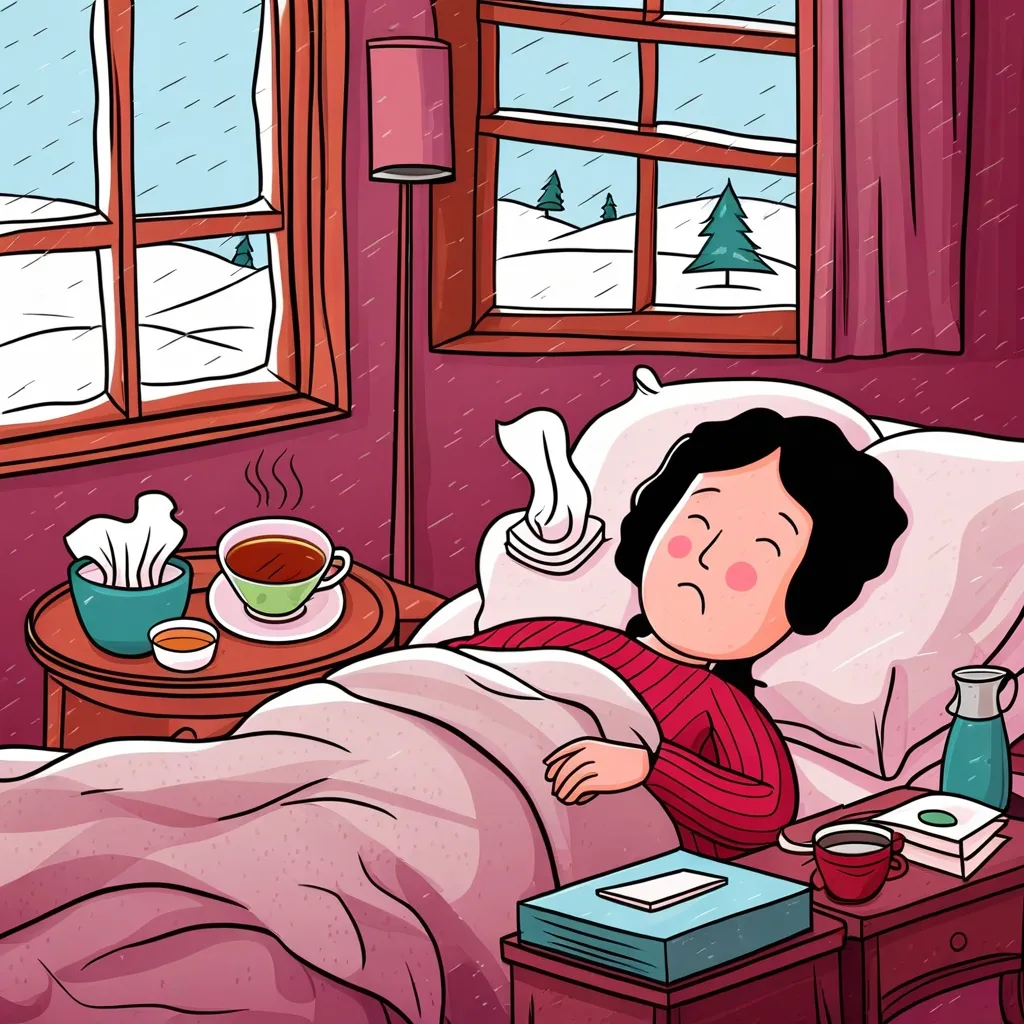Alzheimer’s: Strategies to Lower Your Risk
Alzheimer’s disease is a progressive form of dementia affecting millions of people globally. It brings memory loss, cognitive decline, and eventually, an inability to perform daily tasks. There’s no cure yet, but research highlights that certain lifestyle tweaks and interventions can cut the risk significantly. Let’s dive into how we can lower our risk through everyday choices.
Lifestyle Adjustments
Altering your lifestyle can be one of the most effective ways to keep Alzheimer’s at bay. These changes are not only aimed at avoiding the disease but also at boosting your overall health and happiness. First up, let’s talk about what’s on your plate.
A diet packed with fruits, vegetables, nuts, seeds, legumes, and soy is a game-changer. Think wild-caught salmon, which is high in omega-3 fatty acids. These good fats are known to boost brain health and reduce inflammation—an important factor in the development of Alzheimer’s.
Physical activity is another crucial piece of the puzzle. Exercise ramps up blood flow to the brain, sharpens cognitive function, and helps manage stress. No need for a grueling gym routine; even a simple daily walk or light stretching can be enough. The key is to find activities you love and stick with them.
Don’t overlook the power of social connections. Spending time with friends and family can keep your mind active and stave off loneliness and isolation. Joining clubs, volunteering, or taking up new classes are all fantastic ways to meet people and stay socially engaged.
Keeping the Mind Sharp
Keeping your brain active is just as important as keeping your body fit. Activities like reading, writing, and solving puzzles build up cognitive reserve, which is the brain’s way of adapting and compensating for age-related changes. The more you challenge your brain, the better it performs over time.
Reading anything you like, be it books, magazines, or even online articles, can keep your mind in top shape. Writing also has its perks. Whether it’s scribbling in a journal or penning letters, it helps keep your brain engaged and can slow cognitive decline.
Managing Health Conditions
Controlling chronic health issues is another critical aspect of reducing Alzheimer’s risk. Conditions like high blood pressure, diabetes, and obesity increase your chances of developing dementia. By managing these conditions with medication, diet, and exercise, you lower your risk significantly.
Maintaining a healthy weight with a balanced diet and regular physical activity can help you keep blood sugar levels and blood pressure in check. Quitting smoking and cutting down on alcohol are also essential steps. Both smoking and excessive drinking can damage brain cells, upping the risk of cognitive decline.
The Importance of Sleep and Hearing
Getting enough quality sleep is vital for brain health. Poor sleep can lead to cognitive impairment and boost Alzheimer’s risk. Aim for 7-9 hours of shut-eye each night and stick to a consistent sleep routine for better sleep quality.
Hearing loss also plays a role in cognitive decline. If you have hearing issues, it’s crucial to get them treated. Hearing aids or other solutions can improve communication and reduce feelings of isolation.
The Power of Early Intervention
Spotting risk factors early and making lifestyle changes can delay Alzheimer’s onset significantly. Ongoing clinical trials aim to develop strategies for early intervention, including using biomarkers to identify at-risk individuals.
These biomarkers can detect brain changes years before symptoms manifest. Early detection paves the way for timely interventions, which can slow cognitive decline and improve life quality.
In a Nutshell
Cutting the risk of Alzheimer’s isn’t just about dodging the disease; it’s about leading a healthy, fulfilling life. By tweaking your lifestyle, managing chronic conditions, engaging in mental stimulation, and ensuring restful sleep, you can dramatically lower your risk.
It’s never too early or too late to start taking these steps. Whether you’re in your 30s or your 80s, every move towards a healthier lifestyle counts. So, take that walk, pick up that book, and dive into activities that keep both your mind and body in peak condition. Your brain will be all the better for it.






